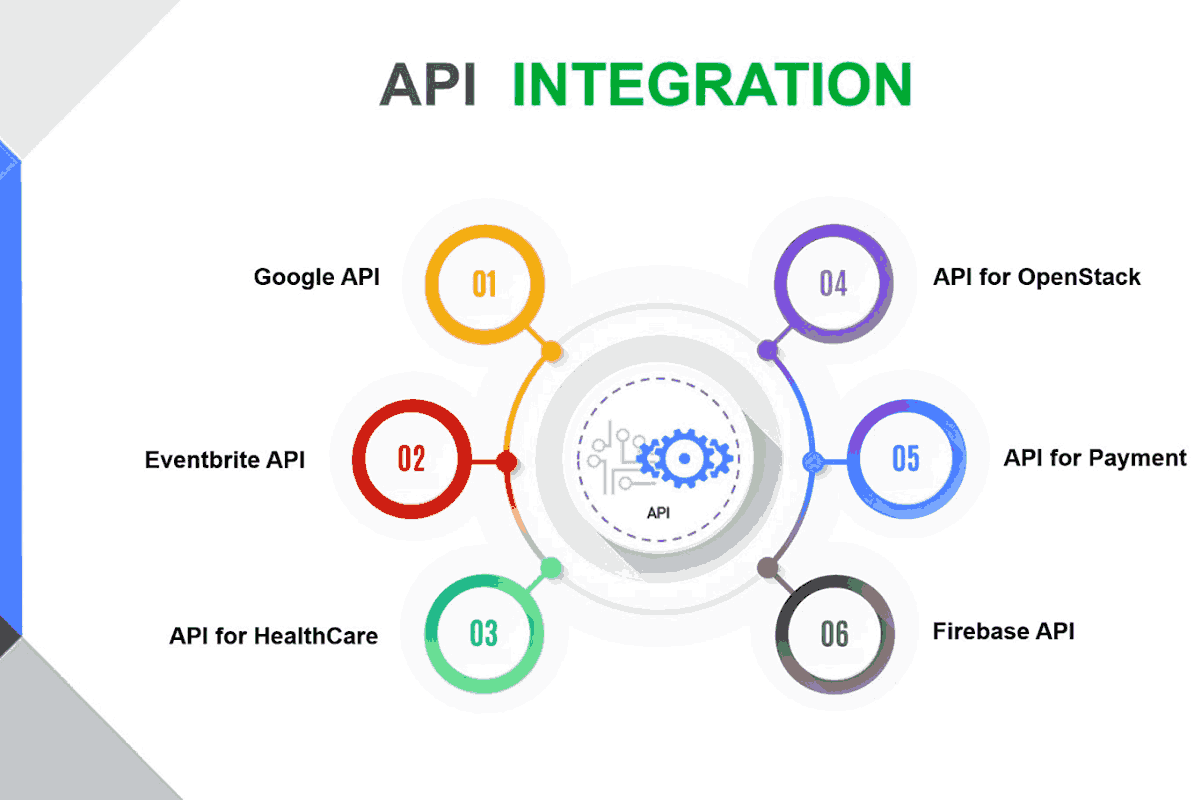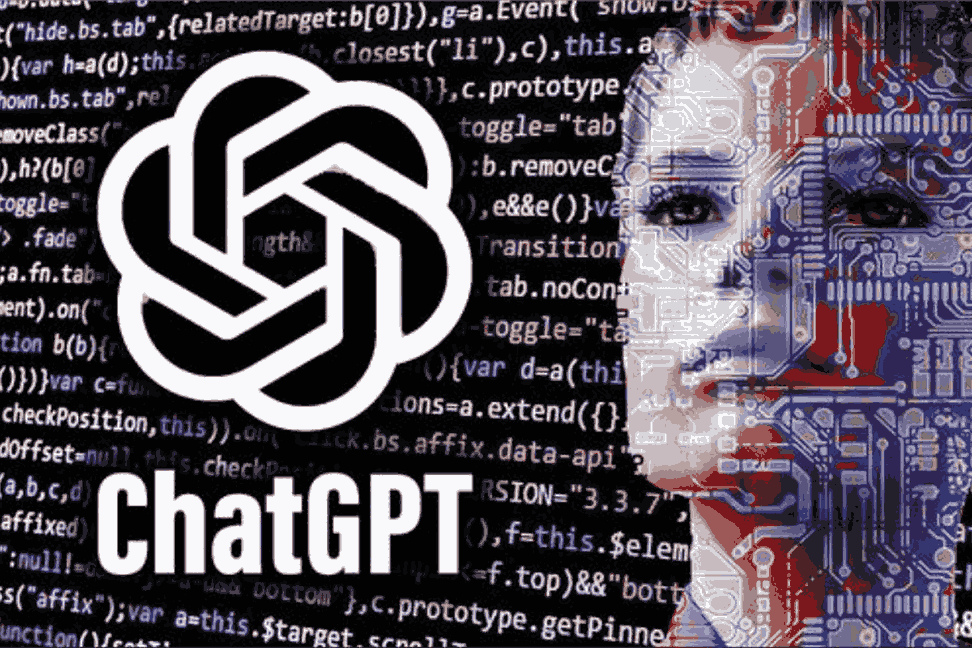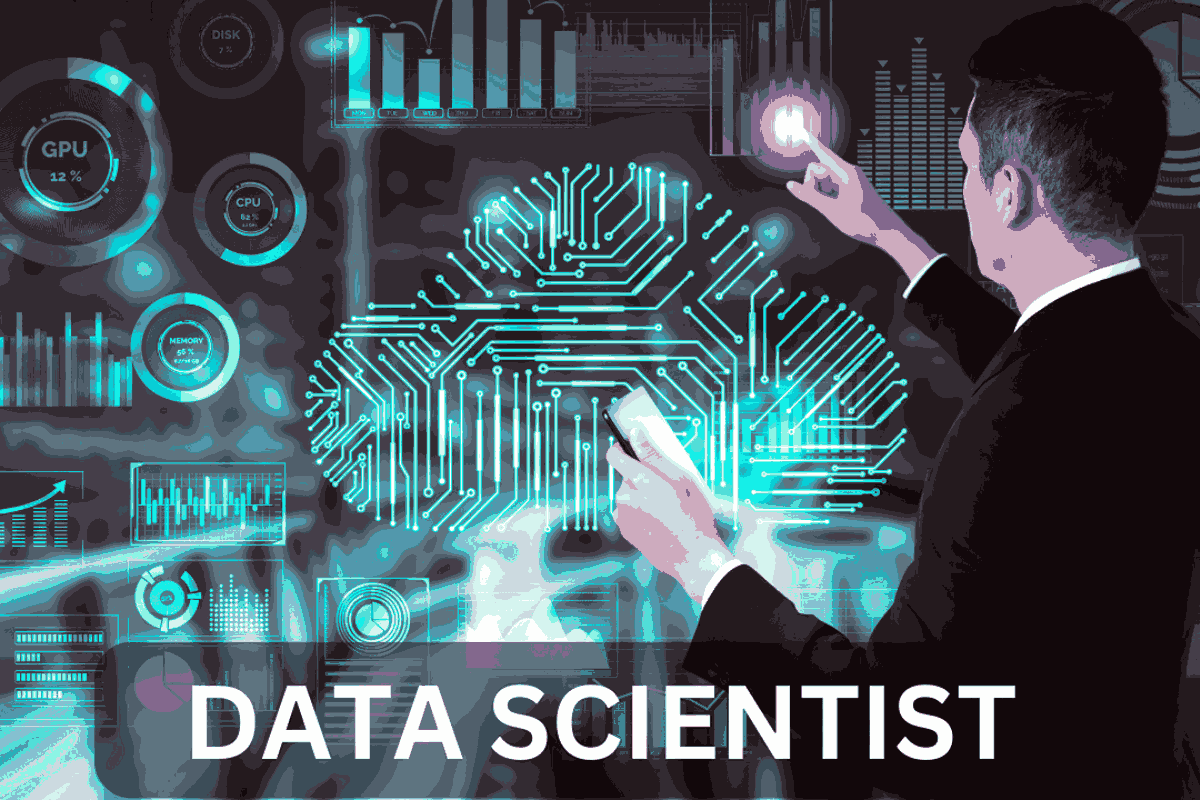
Artificial intelligence (AI) has been making waves in the healthcare industry in recent years. From improving patient outcomes to reducing costs, AI is transforming the way healthcare is delivered. In this article, we will explore the advantages and challenges of using AI in healthcare.
Advantages of AI in Healthcare
1. Improved Patient Outcomes
AI can help healthcare providers to identify and diagnose diseases at an early stage, which can lead to better patient outcomes. For example, AI-powered tools can analyze medical images such as X-rays and MRIs to detect abnormalities that might be missed by human doctors.
2. Increased Efficiency
AI can automate many tasks that are currently performed manually, such as scheduling appointments and processing paperwork. This can free up healthcare providers to focus on more important tasks, such as patient care.
3. Cost Savings
AI can help to reduce healthcare costs by improving efficiency and reducing the need for expensive diagnostic tests. For example, AI-powered tools can analyze patient data to identify those who are at high risk of developing certain diseases, allowing healthcare providers to intervene early and prevent costly treatments down the line.
4. Personalized Medicine
AI can help to tailor treatments to individual patients based on their unique characteristics, such as genetics and lifestyle. This can lead to more effective treatments and better patient outcomes.
Challenges of AI in Healthcare
1. Privacy Concerns
AI relies on vast amounts of patient data to function effectively. However, there are concerns about how this data is collected, stored, and used. Patients may be hesitant to share their data with healthcare providers if they are not confident that it will be kept secure.
2. Bias
AI algorithms are only as good as the data they are trained on. If the data is biased, then the algorithm will also be biased. This can lead to incorrect diagnoses and treatments, particularly for minority groups who may be underrepresented in the data.
3. Regulation
There is currently a lack of regulation around the use of AI in healthcare. This can lead to uncertainty about how AI-powered tools should be developed, tested, and deployed.
4. Ethical Concerns
AI can raise ethical concerns, particularly when it comes to decision-making. For example, if an AI algorithm recommends a particular treatment, who is responsible if something goes wrong? Healthcare providers must ensure that they have appropriate safeguards in place to address these concerns.
Conclusion
AI has the potential to transform the healthcare industry, but it also presents significant challenges. Healthcare providers must carefully consider the advantages and challenges of using AI before deploying it in their practices. By doing so, they can ensure that they are providing the best possible care to their patients while also protecting their privacy and rights.
Keywords:
- health
- english
- humanity
- tedxtalks
- technology
- Artificial Intelligence in Healthcare: Advantages and Challenges











Leave a comment